
How Our New Electronic Dog Still Does Old Tricks
Rejoice, we are told: Television has never been better. And all that is old becomes new again.

Rejoice, we are told: Television has never been better. And all that is old becomes new again.
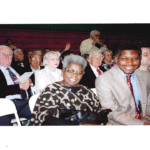
I suppose mothers are always trying to save their sons. And sons are always making their mothers suffer, always making their mothers need to save them. Despite my stupidity, my unworthiness, my mother was determined to save me anyhow.
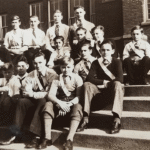
Every era tends to think theirs is the most difficult, amazing, or inexplicable time period, but historians would remind us that this assumption is the folly of myopic thinking. The same can be said for the past century on Cherokee Street.
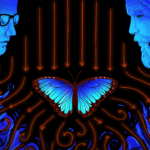
I was not thinking of the modern catastrophes of movement and making-do that end so many human relationships in our time. For some reason I was thinking of Bobby McHein.
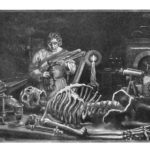
A man of science makes dead matter live yet abandons his own creation. A creature is composed of human body parts yet denied a place in human society. The epic struggle that ensues between creator and creature poses enduring questions to all of us.

In Mary Shelley’s Frankenstein, and in the Romantic age more generally, monstrosity came to be conceived as an excess of vitality. Exactly what life was, however, was a matter of intense debate.
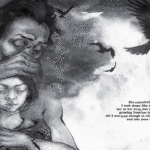
Like her mother, Mary Shelley lived the life of a woman intellectual. Engaging public issues through her writing she offered a multifaceted view of the existing world through the speculative lens of other social and political possibilities. As a divine warning and portent of what to come, she was, in the etymological sense, a monster.
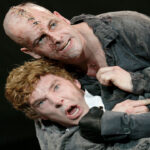
Mary Shelley’s Frankenstein lives on, constantly amazing us with its currency and power, taking on new and surprising forms, moving us as few other works of nineteenth-century fiction can. However, in our technically advanced, digital age it is not the flawed man of science who commands our sympathy or respect, but more often the monster.
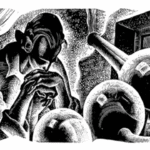
Frankenstein joined a host of works that deemed some individuals more fit for the study of Nature than others, prescribed appropriate comportment for those who would pronounce on its laws, or imagined the consequences of a world shaped by reason alone.
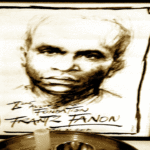
Frankenstein is, in a way, a story of a man’s desire to be liberated from himself. Nearly 150 years later, Frantz Fanon explored similar themes, such as the perspective of the creature’s desperate search for love and recognition, and also the bondage of nihilistic portraits of creators and the created.